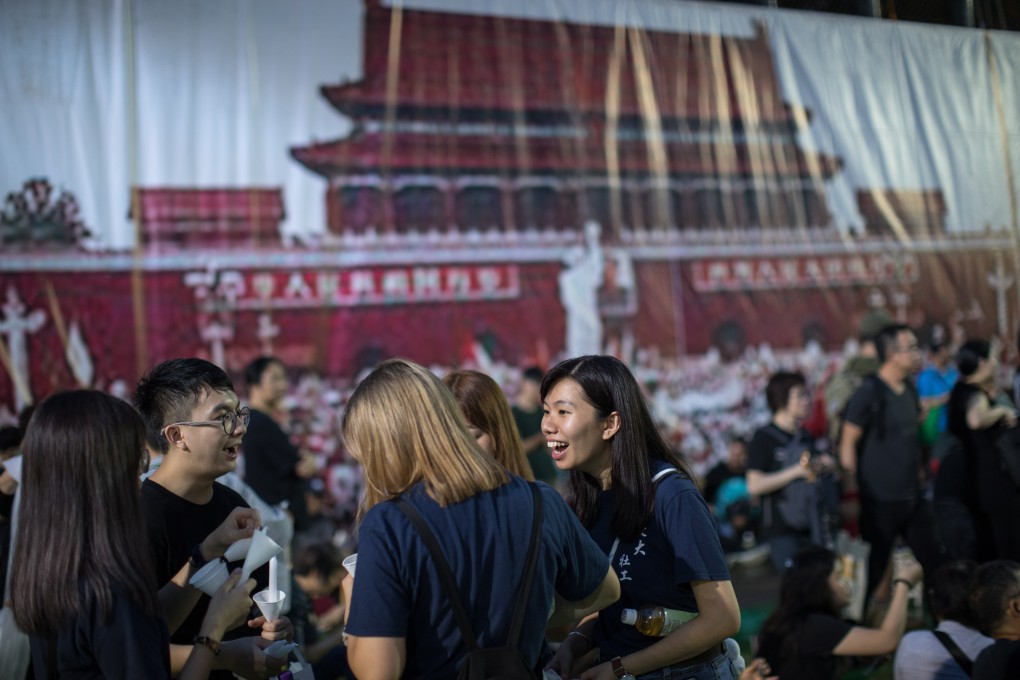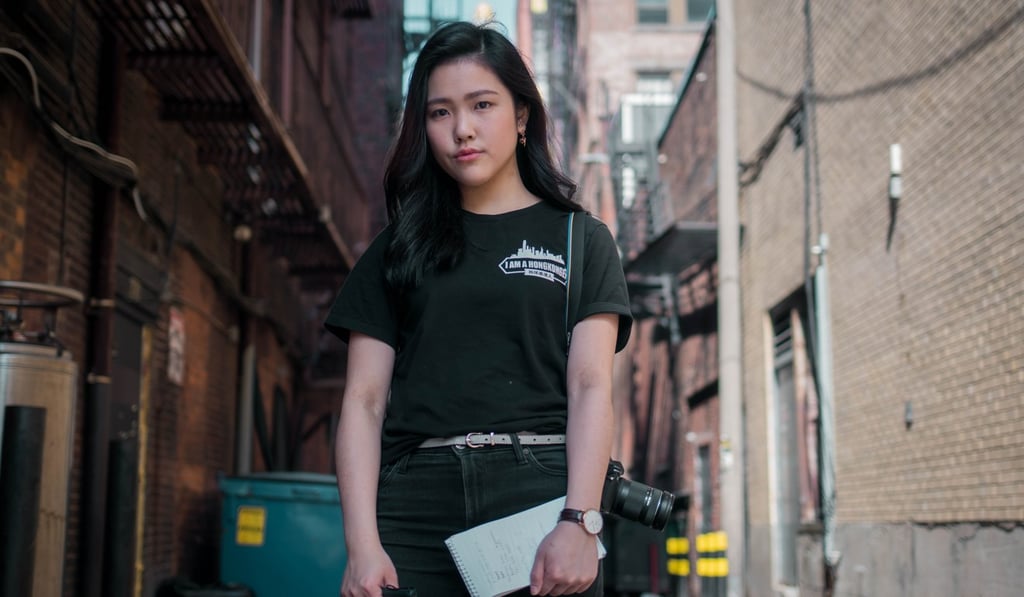Advertisement
Opinion | Chinese youth can’t be blamed for their missing sense of history – they don’t know any better
- The patriotic fervour and self-righteous attitude that some overseas Chinese students have displayed, at the expense of other people’s rights and freedoms, is the result of years of imbibing Communist Party propaganda
Reading Time:4 minutes
Why you can trust SCMP

I was overwhelmed by mixed feelings of pride and shame on June 9, the day Hong Kong people, especially its young men and women, took to the streets in peaceful protest against the proposed extradition law. Pride in the extraordinary courage shown by the Hong Kong people, and shame because such courage and conviction has become so rare in Chinese youth.
I am not talking about the people still living behind the Great Firewall, but those who study and work overseas and breathe the same fresh air as their Hong Kong counterparts.
In late May, the story of Frances Hui, a student from Hong Kong at Boston’s Emerson College, hit the headlines. After getting an earful from a fellow passenger on a local bus for identifying herself as a Hong Kong person, rather than Chinese, she wrote a column in Emerson’s student newspaper with the opening line: “I am from a city owned by a country I don’t belong to.”
Advertisement
Her article was greeted by an outcry from some mainland Chinese students, and not just those in Boston, either. Some left her threatening messages, and among them was this: “Whomever opposes my greatest China, no matter how far they are, must be executed.”

Advertisement
Boston is one of America’s most liberal cities and Emerson, a prestigious private college, prides itself for being a place where “independent minds shape the world”. It seems that the students who attacked Hui with their vitriol did not share any of those values.
Advertisement
Select Voice
Select Speed
1.00x
